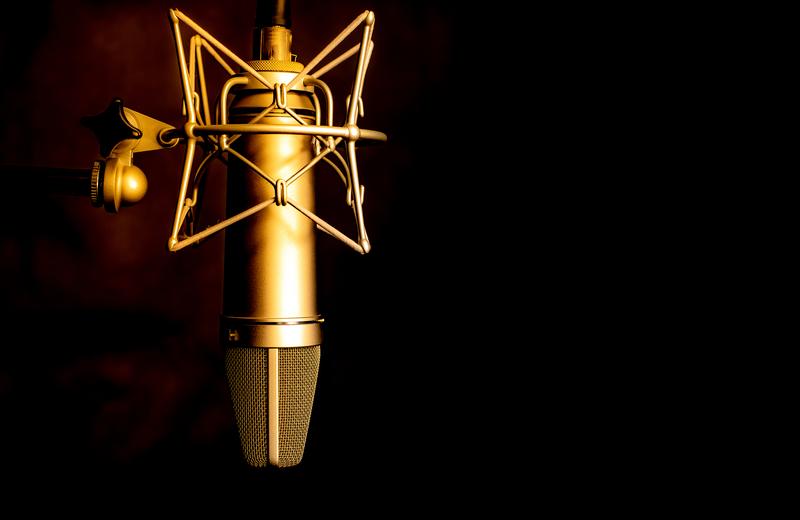Your Cart is Empty
March 31, 2020 2 min read

Audio recording can be rewarding, but doing it right requires a lot of proper setup. For the best results, you'll want a recording studio to ensure proper acoustics as well as all the right equipment to make the most of your recording sessions. Here is what you'll need at a bare minimum if you want to start your own recording studio.
In order to properly record audio, you'll need to know a lot about audio production and the tools of the trade. There are a lot of ways to get the knowledge you'll need to get into the audio recording industry. Many people are self-taught, having years of experience experimenting with audio recording and editing software like Fruity Loops Studio or Audacity, learning what they can from online tutorials and online seminars. Others go to school specifically for audio recording. Degrees in audio engineering can give you the technical skills you need to have a successful music production business.
Having the proper equipment is the next thing you'll need to start a recording studio. Depending on if you're looking to create a home studio or a commercial studio, the minimum requirements are a bit different. Home studios are less expensive but not as versatile or accommodating as professional studios. Professional studios are also easier to rent out to other artists and usually have multiple recording rooms.
Home Recording Studio Essentials:
Commercial Studio Essentials:
Note that you'll need multiple microphones, speakers, pop filters (to eliminate pop sounds from vocals), amplifiers, and monitors if your professional studio has more than one recording area.
Choosing the right space for your recording studio is essential. You'll want to acoustically separate your studio from the rest of the environment. For a home studio, this means choosing a room that is fairly isolated, and soundproofing or sound dampening the walls which face inward. Cellars and garages can work well as studio spaces if properly prepared. If you are working with a commercial studio, plan on making multiple recording rooms. Recording space can be expensive to rent, so take advantage of any extra revenue you can find.
Starting a recording studio can lead to a rewarding career in music and sound production, or even just renting the space out to other musicians for extra revenue. It takes a lot of preparation and won't happen overnight, but with the right equipment and know-how you'll have your own space in what feels like no time at all.
Here’s another article you might find helpful: 3 Vital Pieces of Equipment That Musicians Never Talk About
Comments will be approved before showing up.